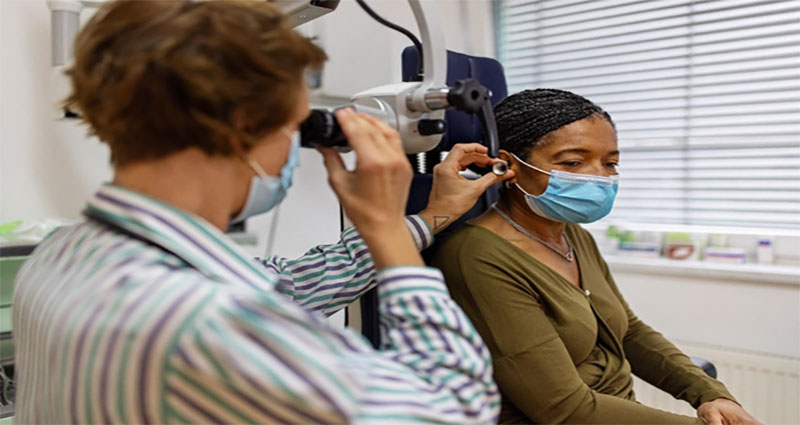People will experience some form of hearing impairment or auditory problem in one way or another. And whenever that happens, they can go to an audiologist for a proper checkup and diagnosis. But besides helping you with hearing loss, you may be curious about what else they can do for you. Here is a brief explanation of what they are:
What Is an Audiologist?
Audiologists are medical experts that are primarily focused on providing hearing care. They are trained to diagnose, manage, and treat a wide range of disorders relating to hearing and balance. Since hearing problems can happen at any time, they can easily work on patients regardless of age, whether children or the elderly.
Most audiologists work in healthcare facilities such as hospitals, private audiology clinics, and physicians’ offices. Some are also employed in schools and colleges.
What Hearing Care Services Can Audiologists Provide?
Audiologists can do more than just run hearing tests and diagnoses. Here are a few of their other services:
- Fitting and Adjusting Hearing Aids – One of their key functions is to help patients get their hearing aids. Since hearing aids and listening devices work best when properly fitted and adjusted, it’s important to talk to an audiologist when buying a new one.
Audiologists must conduct a series of tests to diagnose your current hearing situation. Your degree of hearing loss will determine the frequency, sound level, and hearing aid type you’ll need.
Your current lifestyle can also play a s part in your hearing aid selection process. Once you’ve got your listening device, it’s the audiologist’s job to readjust them when needed.
- Treating Tinnitus – Tinnitus is the term used to describe hearing sounds that can come from inside your body. Although it’s more commonly known as “ringing in the ears,” the sounds can vary. Some may hear buzzing, humming, or whistling noises. Though it’s relatively harmless and is often considered a minor nuisance, it can cause a significant impact on everyday life for some.
Audiologists can help you manage these ringing in the ears by a hearing test and checkup. Tinnitus caused by hearing loss is often treated with the help of hearing aids. Other electronic devices can also provide some relief, like tinnitus masking devices. An audiologist can also provide special counseling and therapy to help you alleviate the effects.
- Professional Ear Cleaning – Although the ears are self-cleaning, a lot of people tend to clean out earwax at home. However, it is often unadvised by experts. That is because your eardrums are very sensitive, and a slight mistake can significantly damage them. On top of that, cotton swabs can push earwax deeper into the ear canal, further blocking it and leading to more problems later.
The reason why you should go to an audiologist is that they have the proper tools and experiences needed to remove earwax safely. In most cases, they’ll use a special vacuum to suck out the larger cerumen while loosening the smaller bits stuck to the sides of the canal.
For more moderate cases, a curette is used. This long, thin, curved tool gently scrapes and scoops off earwax.
- Treating Balance Issues – Your ears aren’t only there to help you hear things around you. Many structures within the inner ear send signals to the brain to align you upright and keep you in balance. These parts are known as the vestibular system.
If you’re experiencing some dizziness or any imbalance, an audiologist can assist you by testing your hearing. After getting the results from these tests, they can identify the cause of your balancing problems and provide a treatment recommendation.
- Assisting in Speech-Language Pathology – Audiology and speech-language pathology are two disciplines and fields that are closely related. An audiologist’s expertise in auditory disorders is crucial for a speech pathologist’s diagnosis.
Hearing loss is one of the many contributing factors to a lot of speech problems. An audiologist and a speech-language pathologist can work hand-in-hand in treating various social communication disorders.
Audiologists are there to help you improve your quality of life. Knowing what services an audiologist can provide you lets you know when you need to go to them for help.











